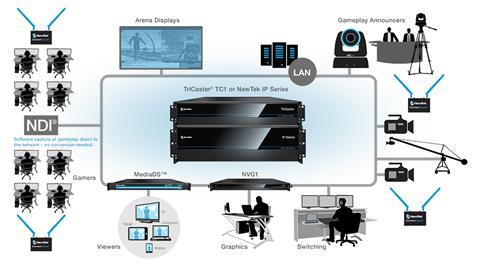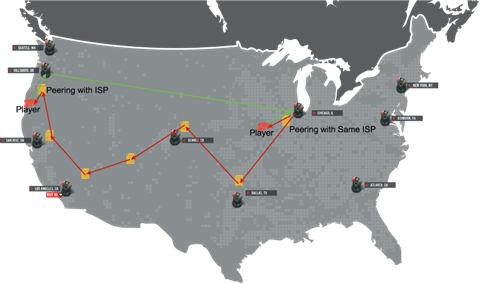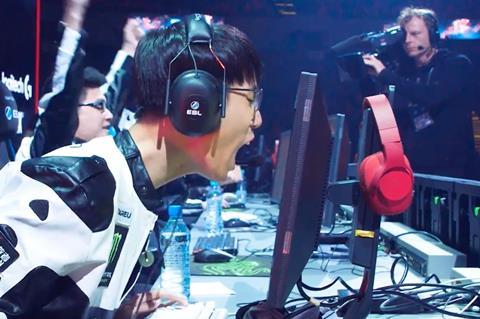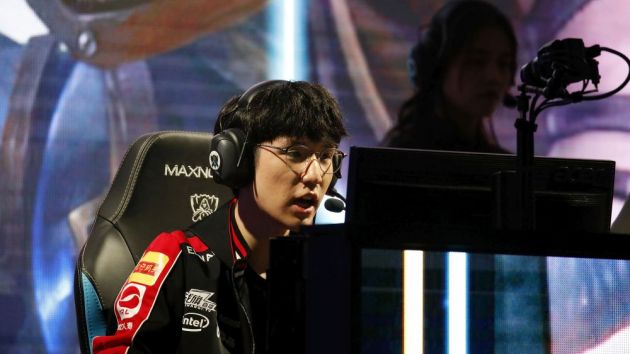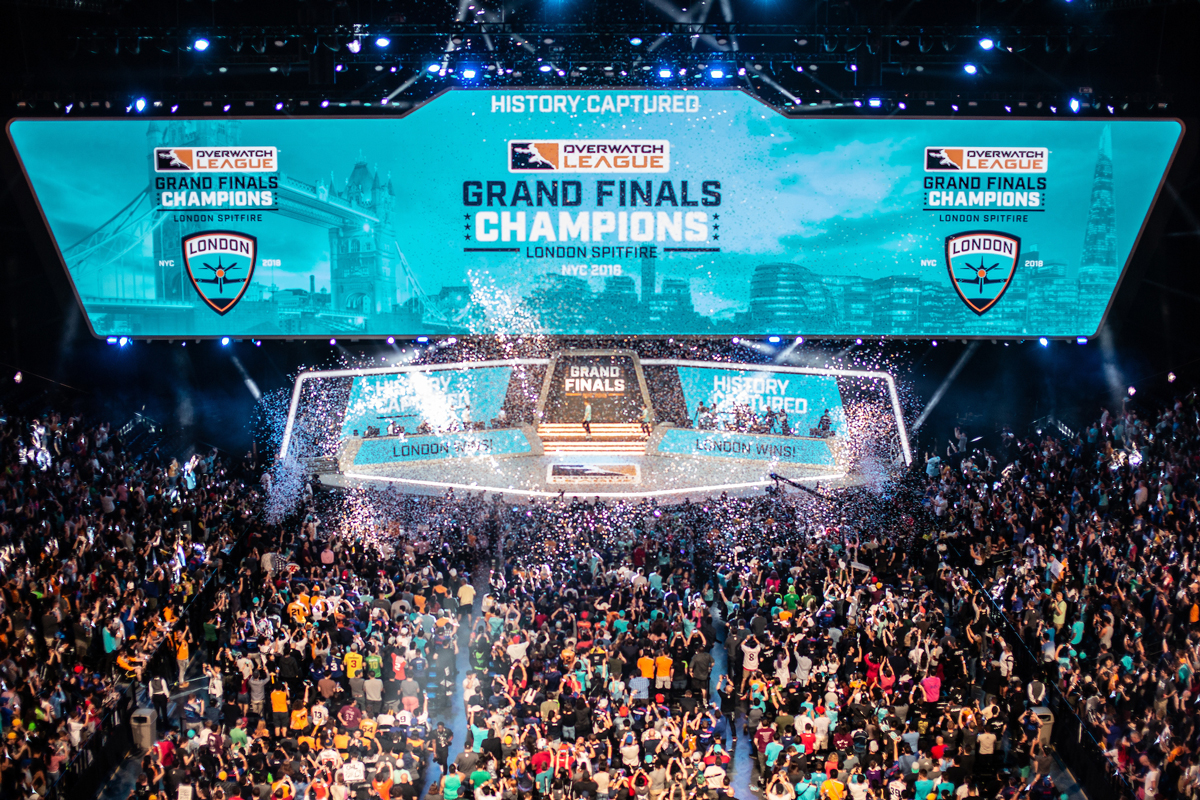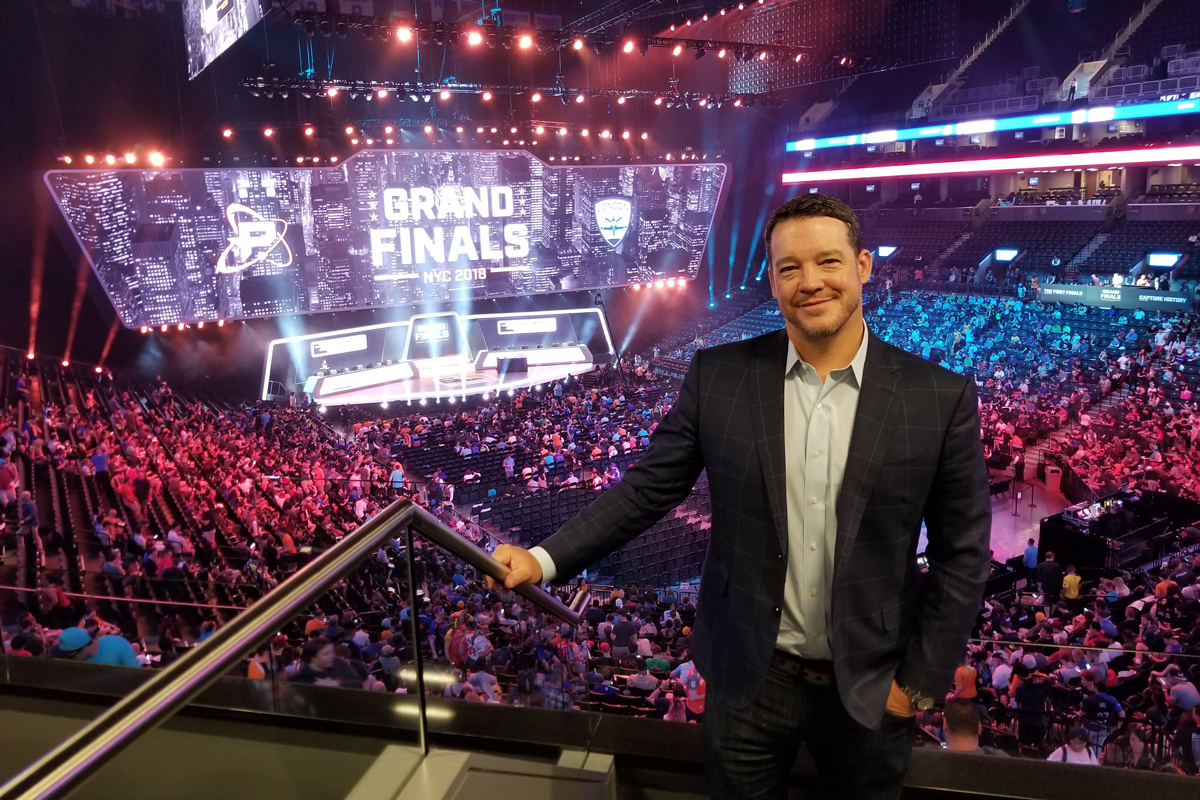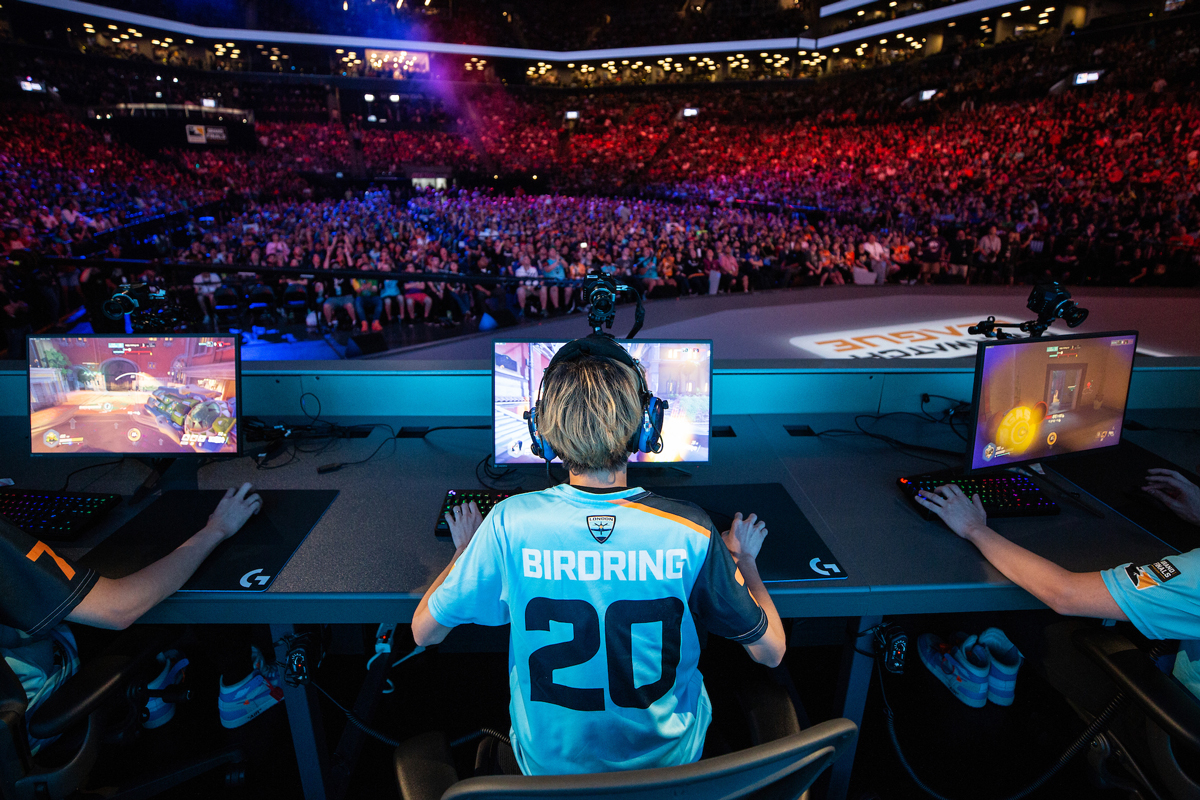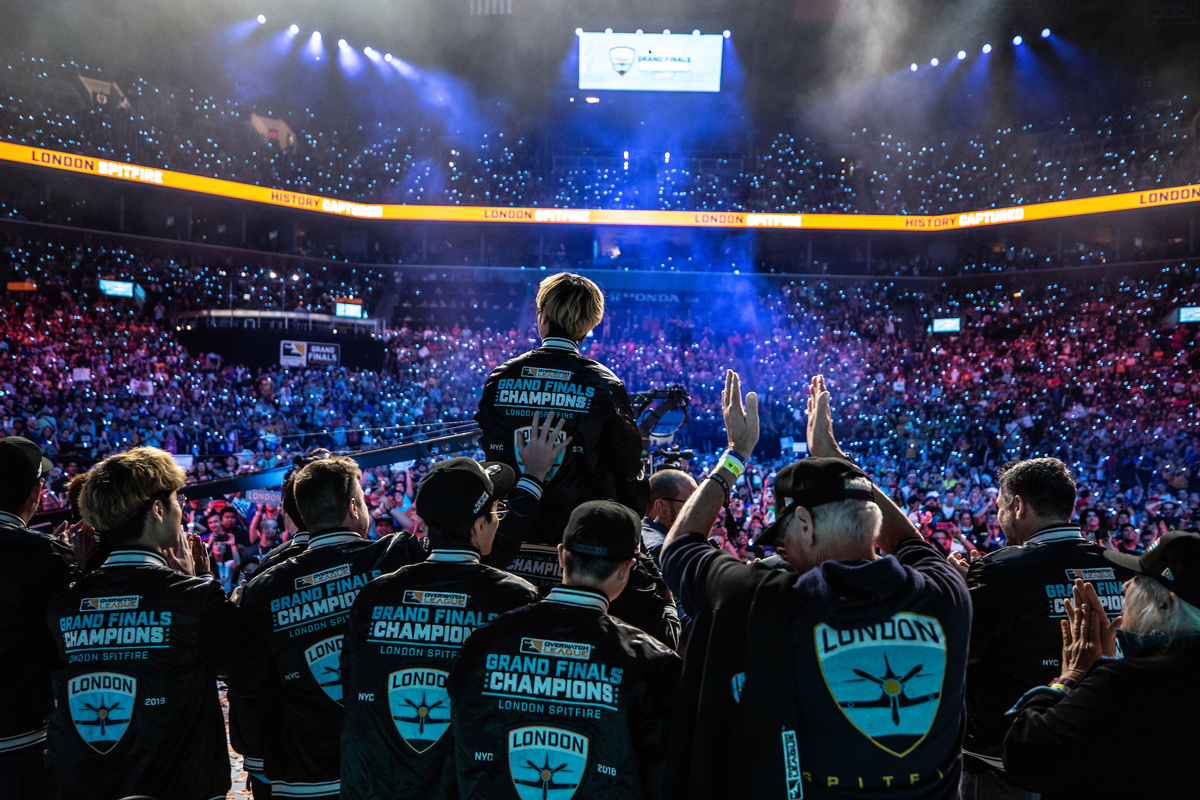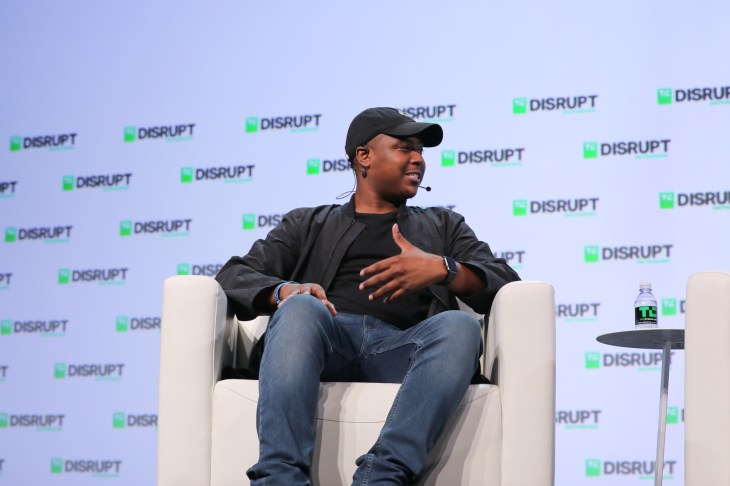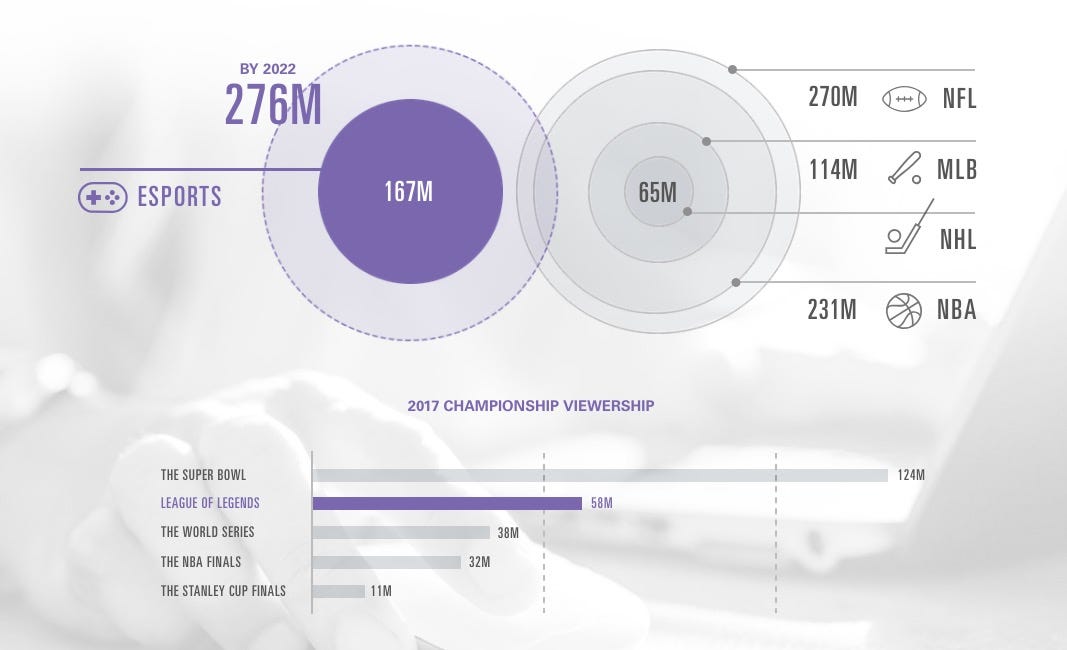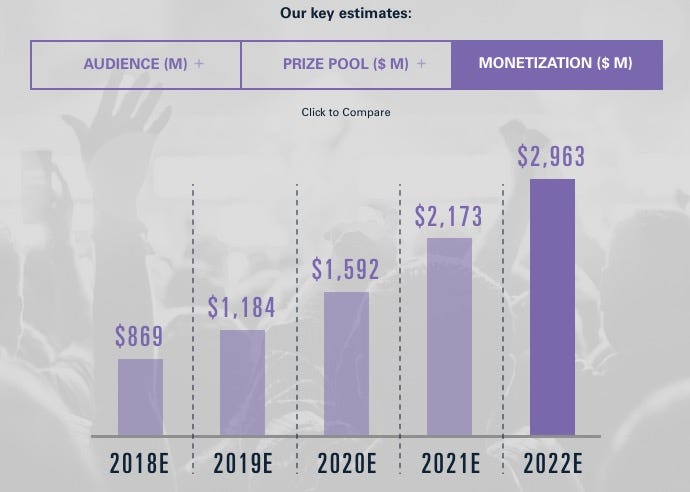- Announced the appointment of Christopher Malone, CPA/CMA as Chief Financial Officer
- Mr. Malone is the founding Director of PrOasis, a professional consulting firm, where he has spent the past 26 years managing the firm which focuses on executive management, corporate finance, strategic planning and governance for major Canadian SME organizations.
ST. MARY’S, ANTIGUA / November 27, 2018 / Esports Entertainment Group, Inc. (GMBL: OTCQB) (or the “Company”), a licensed online gambling company with a specific focus on esports wagering and 18+ gaming, is pleased to announce the appointment of Christopher Malone, CPA/CMA as Chief Financial Officer.
Mr. Malone is the founding Director of PrOasis, a professional consulting firm, where he has spent the past 26 years managing the firm which focuses on executive management, corporate finance, strategic planning and governance for major Canadian SME organizations. He currently holds the positions of Chief Financial Officer and Director for an OSC registered Fund Manager, as well as, an IIROC registered Broker-Dealer member.
Mr. Malone has an extensive listing, regulatory reporting and governance experience with private businesses and public companies on Regulatory organizations and Exchanges in Canada and the United States. His experience stems from over 35 years of senior financial and information technology systems roles in some of Canada’s largest domestic and multi-national organizations. He has held senior-level financial executive positions in food processing, telecom, media advertising, document management, and financial service organizations.
Mr. Malone holds a CPA/CMA designation and graduated from the University of Western Ontario with a B.A. in Commerce and Economics.
Grant Johnson, CEO of Esports Entertainment Group stated “We are very pleased with the addition of Chris to our senior management team. His experience at the highest levels of finance and information technology organizations, with stringent reporting requirements to regulators on both sides of the border, will be invaluable now that our Company has secured financing and embarks on aggressive growth plans within the global esports industry.”
This press release is available on our Online Investor Relations Community for shareholders and potential shareholders to ask questions, receive answers and collaborate with management in a fully moderated forum at https://agoracom.com/ir/EsportsEntertainmentGroup
Redchip investor relations Esports Entertainment Group Investor Page:
About Esports Entertainment Group
Esports Entertainment Group Inc. is a licensed online gambling company with a specific focus on esports wagering and 18+ gaming. Esports Entertainment offers bet exchange style wagering and pool betting on esports events in a licensed, regulated and secure platform to the global esports audience. In addition, Esports Entertainment intends to offer users from around the world the ability to participate in multi-player mobile and PC video game tournaments for cash prizes. Esports Entertainment is led by a team of industry professionals and technical experts from online gambling and the video game industries, and esports. The Company holds licenses to conduct online gambling and 18+ gaming on a global basis in Curacao, Kingdom of the Netherlands and the Kahnawake Gaming Commission in Canada. The Company maintains offices in Antigua, Curacao and Warsaw, Poland. Esports Entertainment Group common stock is listed on the OTCQB under the symbol GMBL. For more information visit www.esportsentertainmentgroup.com
.FORWARD-LOOKING STATEMENTS
The information contained herein includes forward-looking statements. These statements relate to future events or to our future financial performance, and involve known and unknown risks, uncertainties and other factors that may cause our actual results, levels of activity, performance, or achievements to be materially different from any future results, levels of activity, performance or achievements expressed or implied by these forward-looking statements. You should not place undue reliance on forward-looking statements since they involve known and unknown risks, uncertainties and other factors which are, in some cases, beyond our control and which could, and likely will materially affect actual results, levels of activity, performance or achievements. Any forward-looking statement reflects our current views with respect to future events and is subject to these and other risks, uncertainties, and assumptions relating to our operations, results of operations, growth strategy and liquidity. We assume no obligation to publicly update or revise these forward-looking statements for any reason or to update the reasons actual results could differ materially from those anticipated in these forward-looking statements, even if new information becomes available in the future. The safe harbor for forward-looking statements contained in the Securities Litigation Reform Act of 1995 protects companies from liability for their forward-looking statements if they comply with the requirements of the Act.
Contact:
Corporate Finance
1-268-562-9111
Media & Investor Relations Inquiries
AGORACOM
[email protected]
http://agoracom.com/ir/eSportsEntertainmentGroup
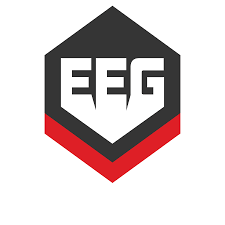
U. S. Investor Relations
RedChip
Dave Gentry
407-491-4498
SOURCE: Esports Entertainment Group, Inc.

